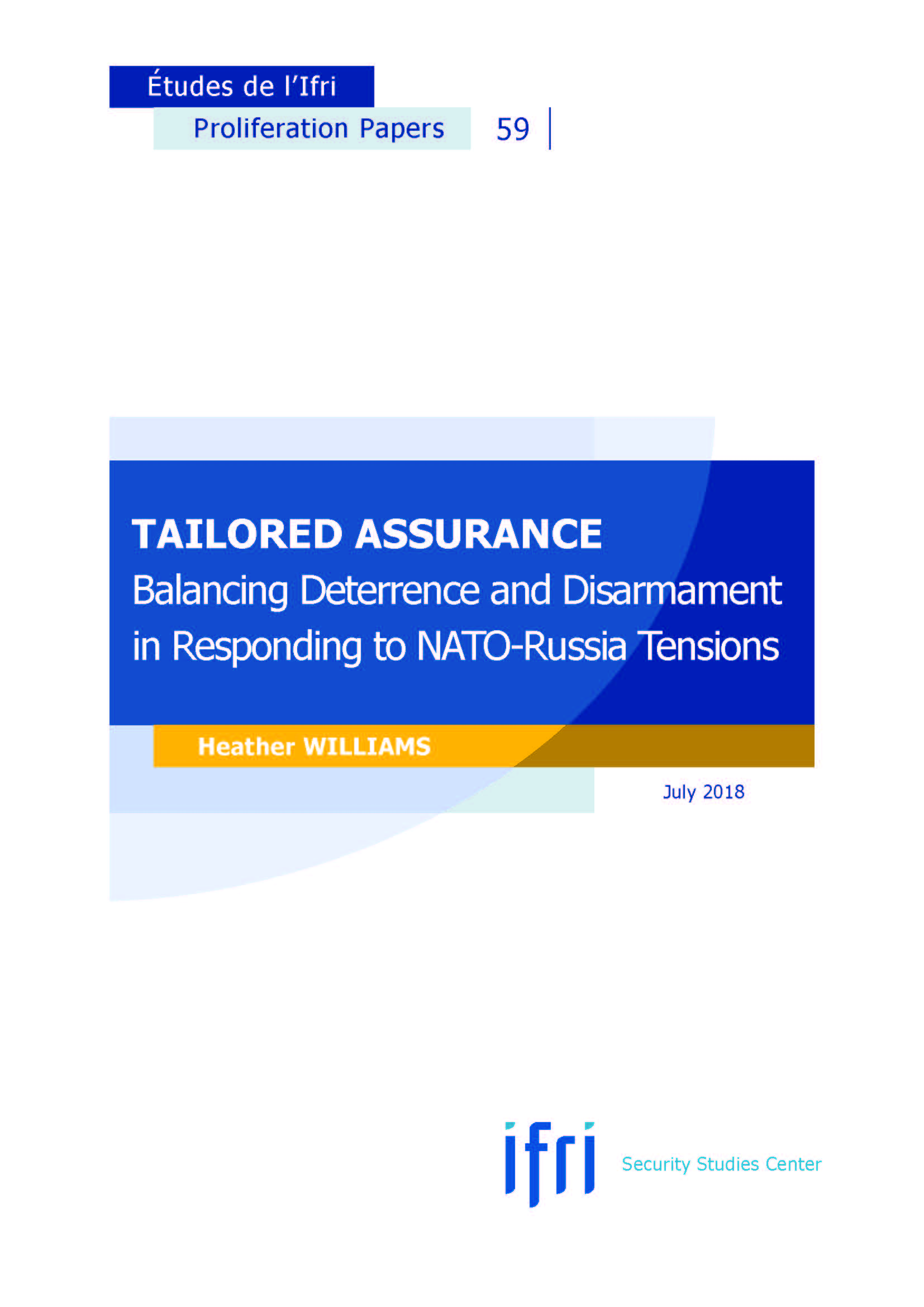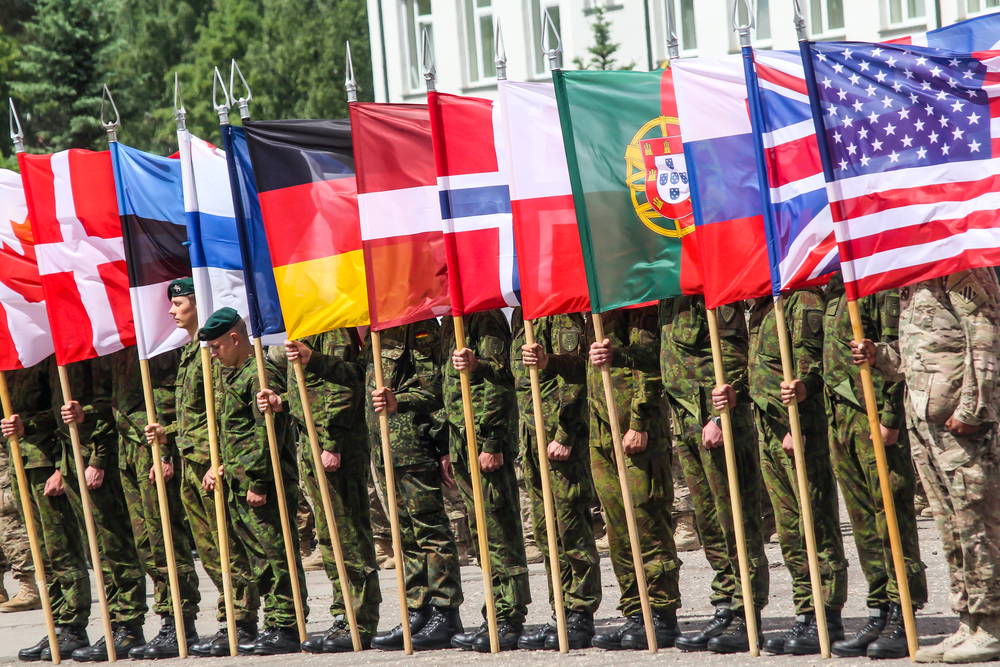Tailored Assurance: Balancing Deterrence and Disarmament in Responding to NATO-Russia Tension

The 2018 Nuclear Posture Review (NPR) called for tailoring assurance across America’s allies, including NATO, as part of an overall deterrence and assurance strategy.

NATO is currently dealing with several challenges: Russian hostility, growing pressure internally for nuclear disarmament or withdrawal of non-strategic US nuclear weapons, as well as the questioning of America’s credibility as a guarantor of European security. Since these sources of tension are not felt symmetrically across the 29 member states, it has become necessary to adapt assurance measures on a case-by-case basis by adjusting the military capabilities involved and the communication according to the needs of each country.
The purpose of this study is to identify the various options available to the United States to enable it to adapt capabilities, messaging strategies, and other tools, thereby providing more effective and consistent assurance in the face of the Russian threat. In order to respond effectively to a strategy aimed at accentuating the internal divisions of the Alliance, it is necessary to combine measures related to the “hardware” of NATO’s posture (nuclear weapons, investments, conventional forces etc.) and others related to its “software” (values, Alliance cohesion, communication, etc.).

Available in:
Regions and themes
ISBN / ISSN
Share
Download the full analysis
This page contains only a summary of our work. If you would like to have access to all the information from our research on the subject, you can download the full version in PDF format.
Tailored Assurance: Balancing Deterrence and Disarmament in Responding to NATO-Russia Tension
Related centers and programs
Discover our other research centers and programsFind out more
Discover all our analysesThe Franco-German Brigade and the Revival of European Defense
One thing has been clear since Donald Trump's return to the White House: the very existence of the European unification project is threatened. Unless it develops a sovereign defense policy to counter the war in Ukraine and the weakening of American security guarantees, the European Union will continue to see its internal cohesion and external attractiveness wane.
Taking the Pulse: Can Europeans Build Their Independent Extended Nuclear Deterrent?
Confronted with a U.S. disengagement and the Russian threat, Europeans are reconsidering their stance on nuclear deterrence. Given the capabilities of the French and British arsenals, can Europe develop an independent nuclear deterrent?

RAMSES 2024. A World to Be Remade
For its 42nd edition, RAMSES 2024 identifies three major challenges for 2024.
A Transatlantic Defense Industrial Base? Two Contrasting Views
The evolving landscape of global defense cooperation has brought the transatlantic relationship between the United States (US) and Europe into sharp focus. As geopolitical tensions rise and the threat environment becomes more complex, the question of how Europe can best ensure its security while navigating its relationship with the United States has become paramount. This double feature report offers two contrasting views on the dynamics of US-Europe defense industrial relations, highlighting the challenges and opportunities that lie ahead for both parties.







